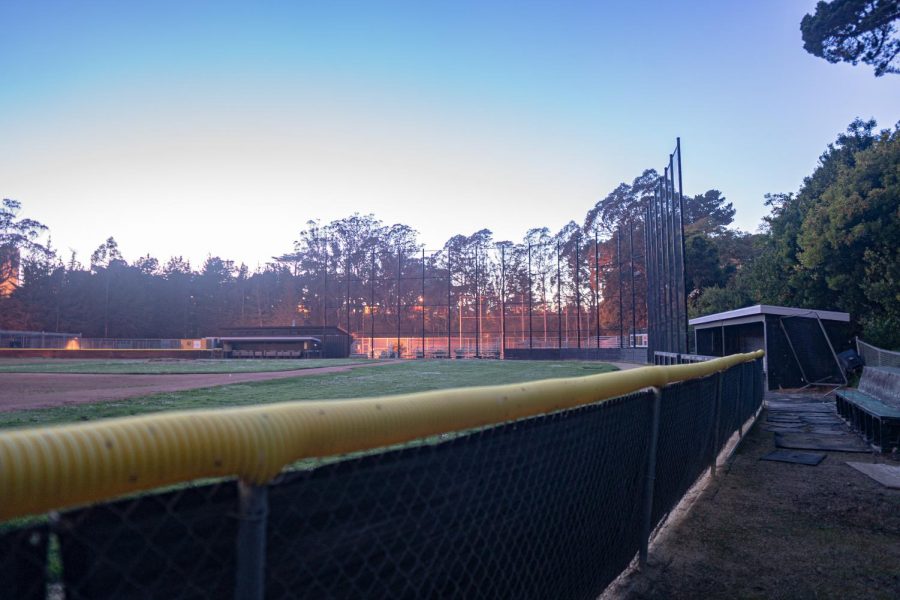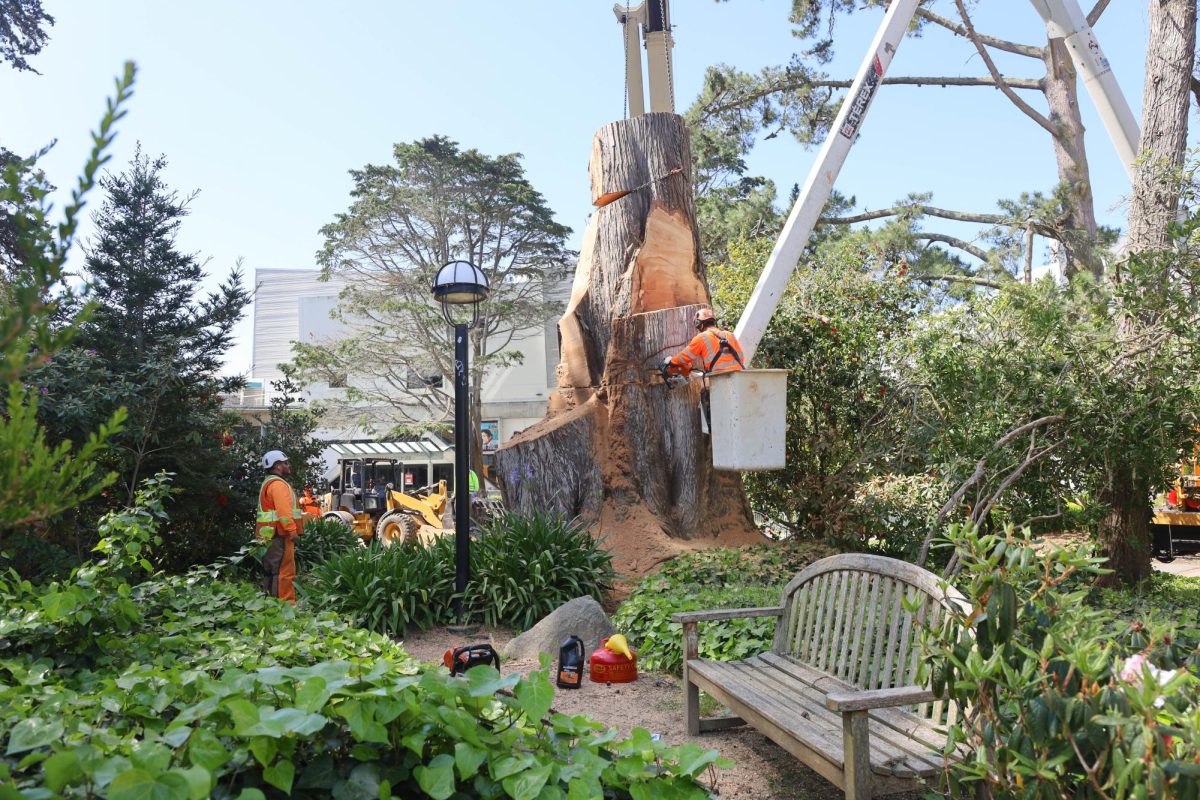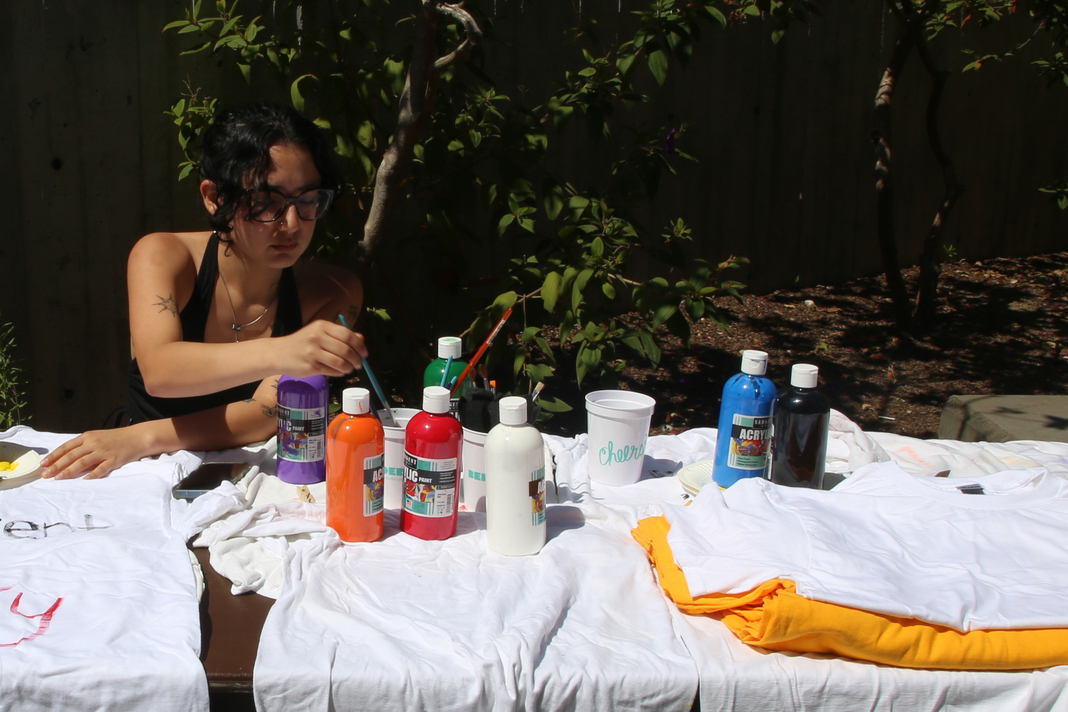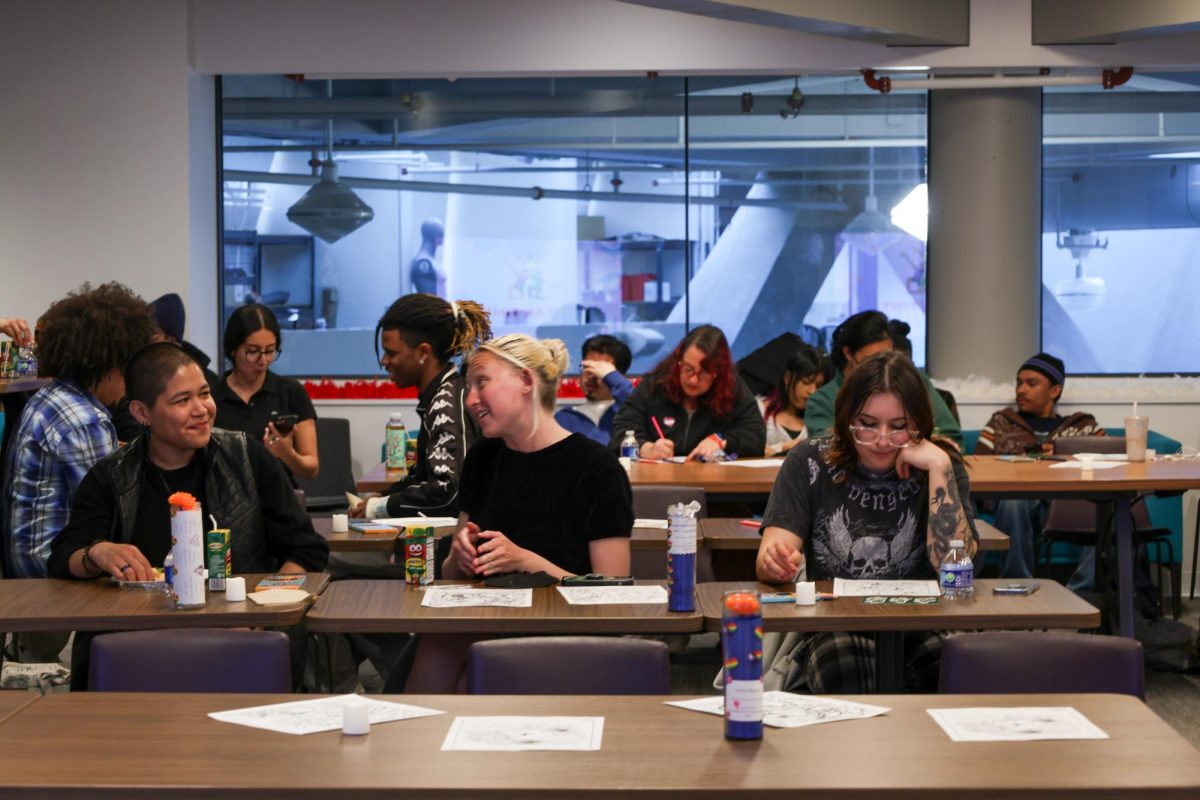With organized sports games being shut down since the beginning of COVID-19, athletes such as Justin Pichedwatana struggle to cope with the reality that they don’t get to play the sport they love despite putting in the hard work to stay in form.
“My mindset has definitely changed, because this was supposed to be my last year as a redshirt senior,” said Pichedwatana, an SF State wrestler with an athletic scholarship. “It was supposed to be my last year of wrestling, and it got stripped away from me.”
When the California Collegiate Athletic Association announced its decision on Dec. 3, 2020, to end organized play in the spring semester due to concerns regarding COVID-19, senior student-athletes wondered if they would ever play collegiate sports again.
The CCAA, the 12-team conference in which SF State athletics reside, has not held any organized games since March 8, 2020. Student-athletes who have been missing the competition of games will have to wait until after the spring semester for another chance to play, as organized sports have been canceled for all of the 2020-21 academic year. It is not confirmed if play will start in the fall semester.
“It’s a little frustrating not having a season because now we’ve missed out on two seasons,” said Jazzlyn Matthews, an SF State track and field athlete with an athletic scholarship. “I trained for a whole year to not have a season and I was like, ‘Whoa, I’m out here running circles for months to do nothing.’ But I hope I get to go back next year because I just want to compete one more time.”
The cancellation of sports games is particularly challenging for scholarship athletes, since playing at the collegiate level is part of their academic success.
“You have to ask yourself the questions, ‘is this something I want, is it something I want to commit the time to and is it possible to achieve?’” said Toby Okwuokei, an SF State basketball player with an athletic scholarship. “I’m willing to do something where I’m always getting better. It doesn’t necessarily have to be on the court every day but just something that’s gonna train my physical abilities or my on-court prowess.”
According to Equity in Athletics Data Analysis, SF State had 314 student athletes in 2019. These athletes have had to adjust to schedules that require isolated workouts without the payoff of playing in games. For Pichedwatana, the inability to practice on the mat has set him and his wrestling team back.
“The only thing we’ve been able to do is workout on our own, maybe go on a run,” said Pichedwatana. “But that’s not the same as wrestling and yeah, being away from the mat for six, seven months definitely takes a toll on anybody. ”
A study conducted by the NCAA found that in addition to the physical barriers to their athletics, many student-athletes also face mental barriers that impact their ability to train. Forty-three percent of student-athletes have concerns about COVID-19 exposure, 40% have a lack of motivation, 21% experience stress or anxiety and 13% suffer from sadness or depression.
Okwuokei, on the other hand, has a more positive outlook. He sees his time away from basketball as a reminder of the reason he plays to begin with.
“I’ve kept the same mindset. It actually made me cherish the game even more,” said Okwuokei. “I know a lot of people will take the game for granted when you’re playing consistently. Personally, since the covid pandemic started I have that urge, like, I want to get back on the court. It’s been almost a year since we even played the game. When the time comes for the season to start, I’m gonna be ready, better than the next man.”










Emrys Davies • Feb 24, 2021 at 5:08 pm
Very interesting Jack.